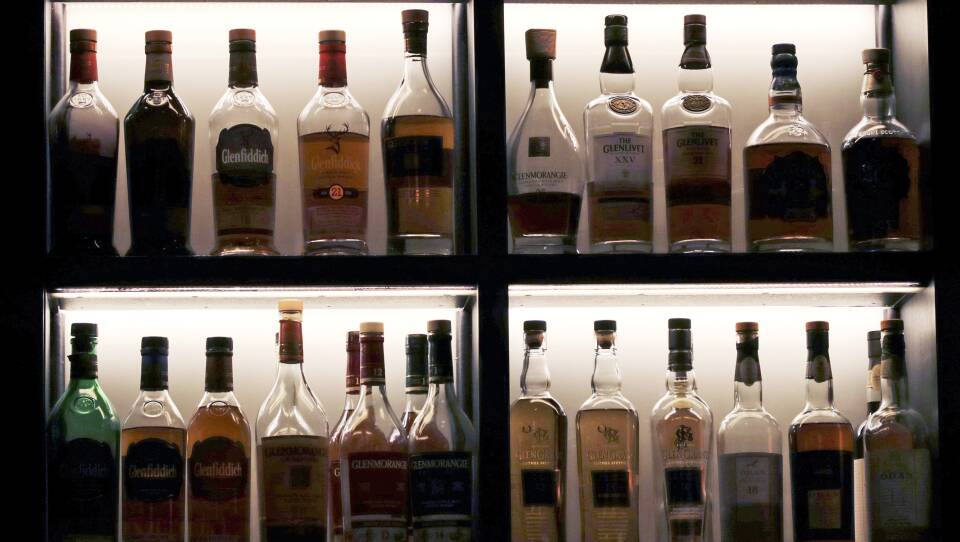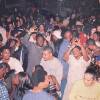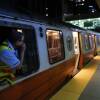Boston City Councilor Ruthzee Louijeune grew up in Mattapan, but says there’s one question people ask her about the neighborhood that she can’t answer.
“As someone born and raised in Mattapan, I am disheartened every time someone asks me, ‘Where can I go sit down in Mattapan and have dinner and a drink?’” she told state lawmakers Monday. “Because the answer is nowhere.”
Louijeune was among a parade of Boston officials who turned out for a hearing on a bill that would let the city issue up to 5 new liquor licenses a year in 10 specific zip codes, including one covering Mattapan. Other neighborhoods represented under the bill include Dorchester, East Boston and Hyde Park.
Local officials pitched the bill as a way to bring some balance to a licensing system that hasn’t been equitable, leaving restaurants and bars concentrated in areas like downtown Boston, the Back Bay and the Seaport.
“Mattapan, Hyde Park, Roxbury and East Boston [are]collectively home to 40% of the city, yet those neighborhoods have less than 4% of total liquor licenses.”Boston City Council Brian Worrell
It would represent a major boost to the number of liquor licenses available in Boston. Mayor Michelle Wu said the city now has a total of 2,200 licenses.
But, Wu said, those licenses aren’t evenly spread throughout the city.
The mayor said some neighborhoods have more than 60, while others have fewer than 10. She said neighborhoods that are home to lower-income residents and residents of color often have few or no sit-down restaurants, which serve as both community gathering spots and drivers of economic activity.
While restaurants don’t need to serve alcohol, Wu said liquor sales are typically what drive the kinds of profit margins owners need to keep their doors open.
"Today, as I've been told by some of the folks who are in the middle of these transactions, a full liquor license is going for $600,000-plus in the city of Boston," Wu said. "And that means that when they open up, they often get pulled to areas of the city with higher foot traffic — wealthier areas, less diverse and representative of all of the cultures of Boston."
Putting numbers behind the point, City Councilor Brian Worrell said the South Boston waterfront is home to half a percent of Boston's population, but more than 15% of its liquor licenses.
"Meanwhile, Dorchester houses over 14% of all Bostonians, yet had less than 3% of the liquor licenses," he said. "This pattern repeats itself across Mattapan, Hyde Park, Roxbury and East Boston, collectively home to 40% of the city, yet those neighborhoods have less than 4% of total liquor licenses."
More Politics
In total, the bill would allow up to 250 new licenses over a five-year period.
The City Council approved the plan unanimously earlier this year, but the home-rule petition also needs approval from the Legislature.
Lawmakers on the Consumer Protection and Professional Licensure Committee indicated that they’re not ready to give it a green light at this point.
They asked Wu and her team to return with more information, including data on how many licenses are not currently in use and the status of licenses granted under a 2014 law that made a new crop of licenses available in certain parts of the city.
"We'd like to get a sense of what happened in the past so we can make some better determinations of what the committee considers for the future," said Rep. Tackey Chan, a Quincy Democrat who serves as the panel's House chair.









